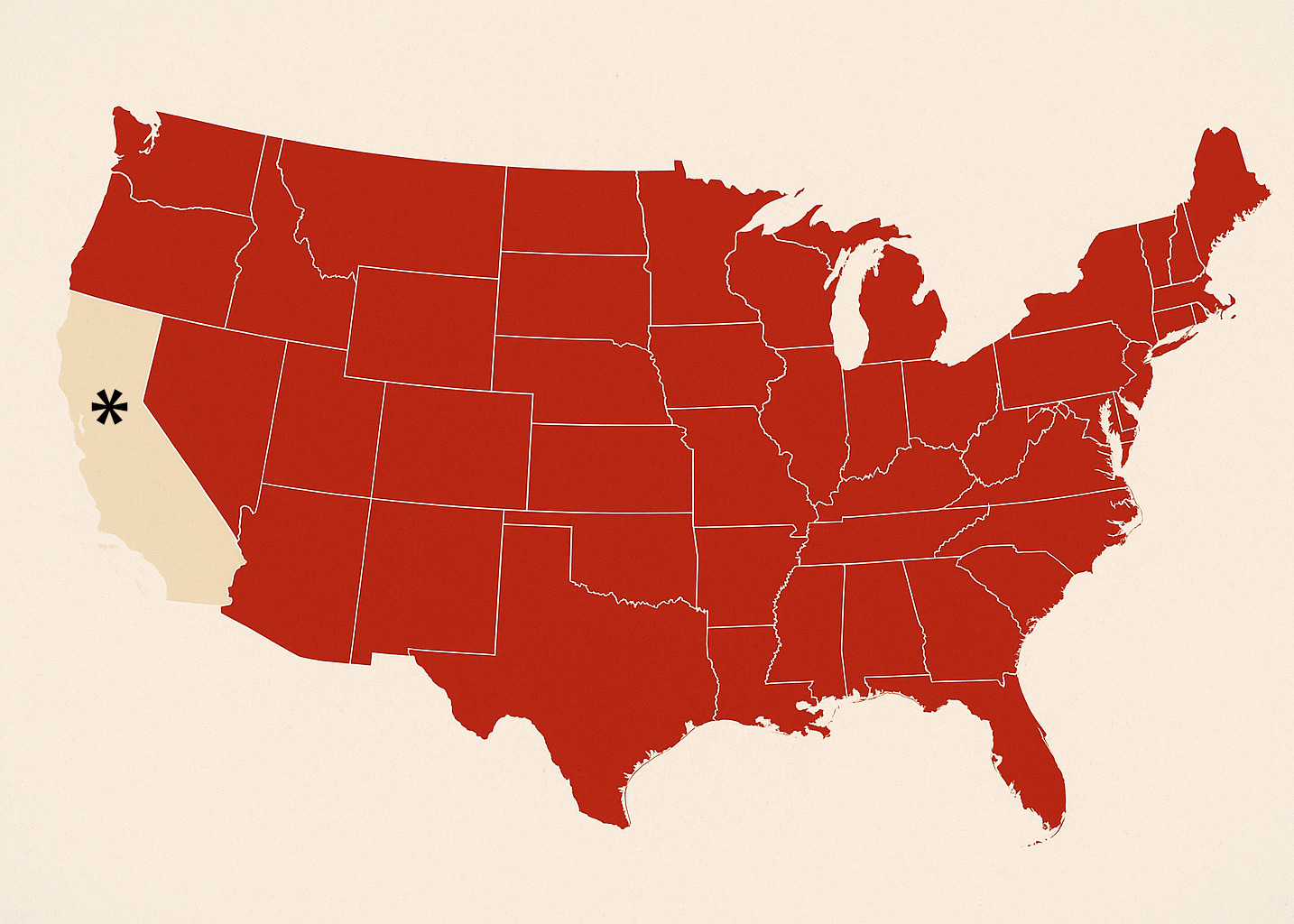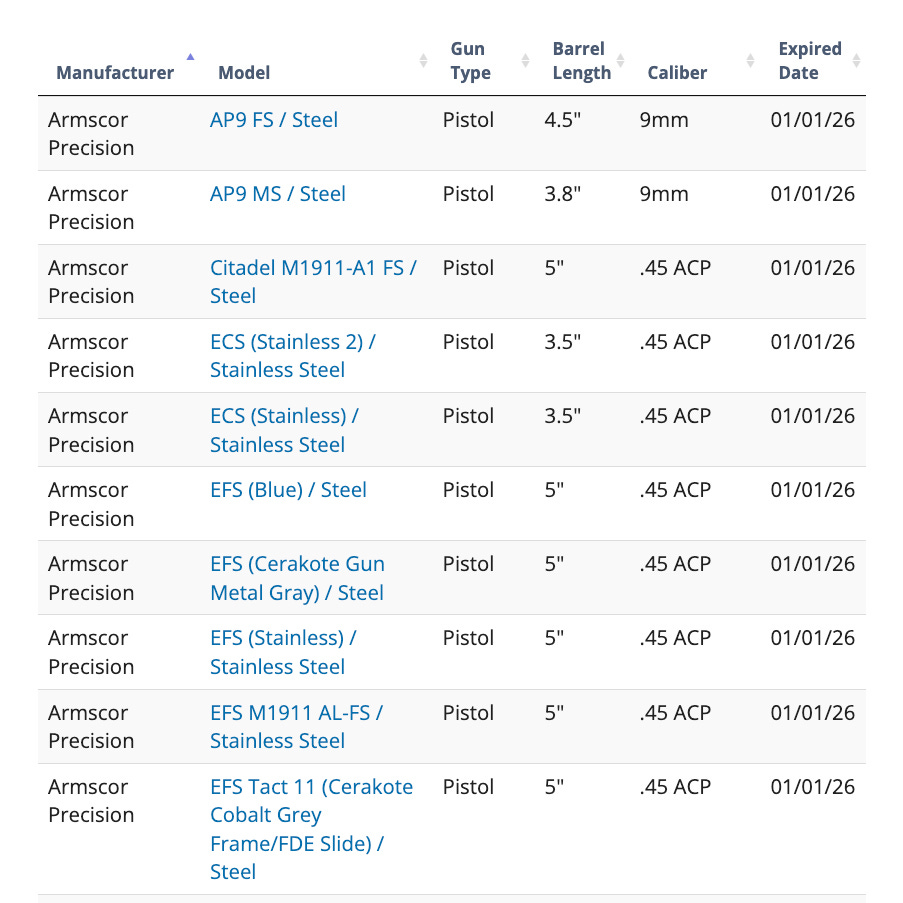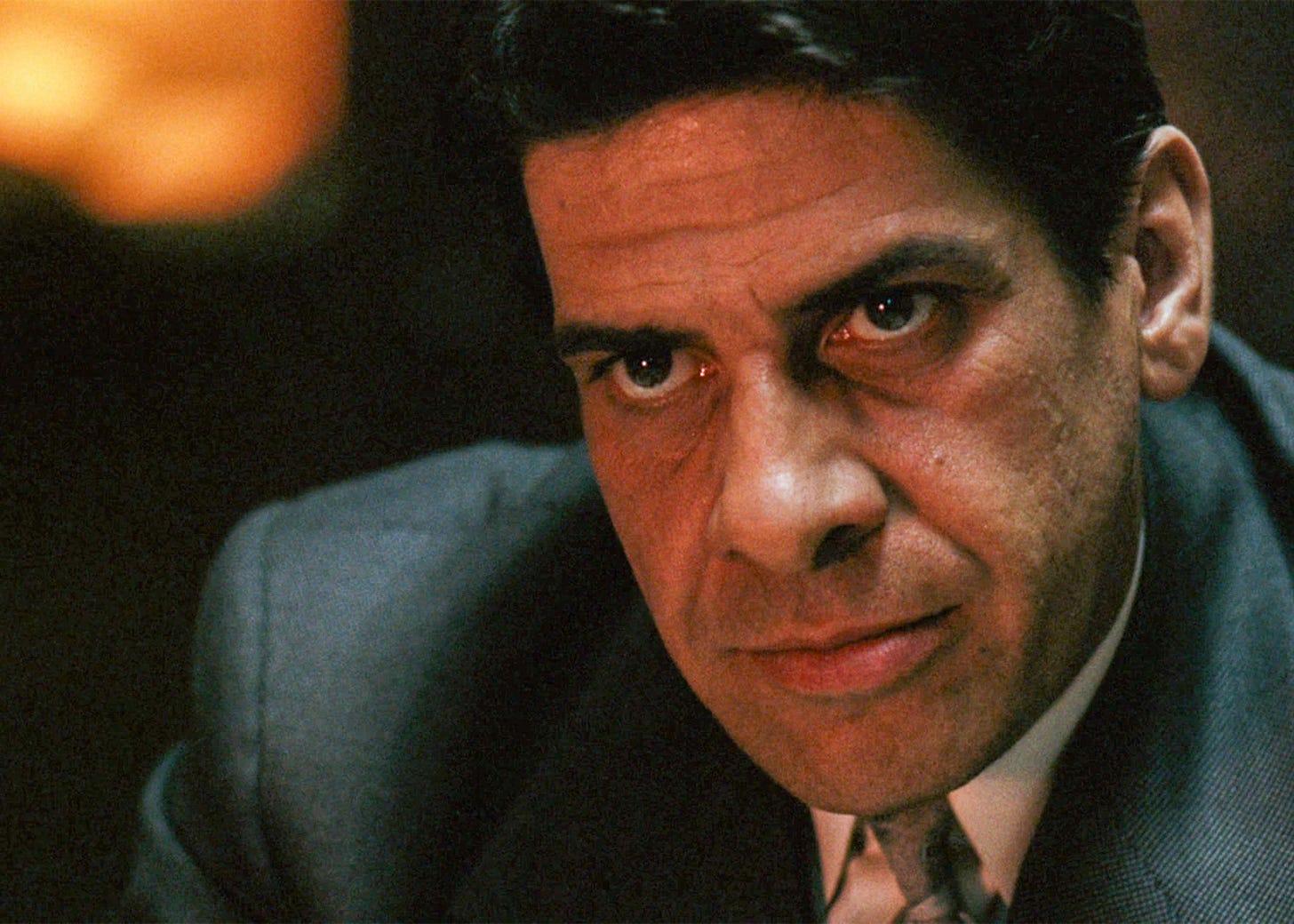*Except in California
The state that built the modern tech industry is cutting off its nose to spite its face.
In 2008, San Francisco Mayor Gavin Newsom stood on the steps of San Francisco’s City Hall, smiling, with all the charm of Gotham City’s Joker, and gleefully shared a proclamation:
“As goes California, so goes the rest of the nation.”
Since then, this has been generally true, but rarely has this prophetic warning been so ominous, or even horrifying. I have mourned news coming out of my home state since my family escaped in 1999, but these days, it’s coming at a rapid and furious pace.
Artificial intelligence is not going to destroy America or even Western civilization.
Power-hungry madmen like the self-anointed King of California will.
This morning, while sipping my second cup of cold, stale coffee, I read “California’s Stealth Campaign to Kneecap AI,” a warning by Dean W. Ball with Pirate Wires, outlining just how far California has gone in its new obsession with AI regulation. He calls it “the most heavily regulated nascent…technology in modern history.”
He’s right.
This should terrify anyone who still hopes that innovation and freedom can coexist in the same country.
I don’t think there has been a single person in my lifetime who has been more intently set on aborting all innovation and private enterprise than Newsom, who delights in finding good ideas where they are and ripping them from their cozy patch of fertile soil before they take root.
When it comes to adding unreasonable (and unhelpful) burdens on private businesses, nobody does it better than the slick, used-car salesman in Sacramento.
A lot of the loony ideas coming out of California’s cesspool of regulatory overreach in tech mirror those of another industry: firearms and ammunition. Lawmakers in blue states like California and New York have created a wish-list of anti-gun legislation under the thinly-veiled disguise of “safety,” with pseudoscientific rules such as ammo microstamping and “smart gun” technology.
The net result?
Little to no empirically proven safety benefits, lots of wasted taxpayer dollars, increased costs, multiple infringements on the Second Amendment, and massive headaches as Glock, Sig Sauer, and many other firearms companies have essentially had to make toy versions of their products for sale exclusively to consumers in California.
Also, since 2013, gunmakers have introduced almost no new semiautomatic models because of California’s microstamping rule.
The same could easily happen with AI: having to create an inferior product for a small subset of users could make companies decide to make ALL AI products California-compliant and therefore subject to the whim and fancy of the apparatchiks, imbued with state power, creating and monitoring an “approved roster” for AI models.
As Ball notes, SB 942 requires companies to build their own “AI detection tools” — the regulatory equivalent of New Jersey and Maryland’s infamous “smart gun” laws, which regulate a product that doesn’t exist yet.
Is there any law worse than a law that says, “If and when this thing is invented, you have to regulate it the following way?”
Do you know what happened in New Jersey? For the past two decades, not a single gun maker has made a gun that would “trigger” (no pun intended) the smart gun requirements outlined in the “Childproof Handgun Law” passed in 2002.
Why would they? Why would you give a state government the power to destroy your industry?
With AI, I really only see two ways forward:
#1: The proposed federal 10-year moratorium on AI regulation HAS to pass, to prevent the hysterical anti-American fearmongering by a few loud states, who are also the frontrunners in the AI race, and who will largely set policy for the rest of the states by default.
A “light regulatory framework” like what the Federal Communications Commission (FCC) used in regulating the early days of the internet can help us slowly, carefully see and understand the best way forward while putting guardrails in place that make sense and don’t cause unimaginable snafus with 50 different legal settings that tie AI companies into a rubber band ball.
-or-
#2: America’s AI landscape will be balkanized in a way that many people feared the internet would be—but wasn’t—until recently, where it’s starting to fragment and crumble primarily because of numbskull regulations like the California Consumer Privacy Act (CCPA), GDPR, and other solutions in search of a problem.
This would result in entire swaths of the country having to do what gunmakers have done for years: create a totally separate collection of AI products and services that are “California Compliant” and publish a purposefully limited lineup just for the privilege of selling to Californians.
Yet another aftereffect of all this may be that some states or companies choose to completely eliminate all “nexus” in California where possible, and thereby do the opposite of the gun roster: making all AI products and services available to everyone except users in California.
Now, like the fine print “Except in Quebec” at the end of sweepstakes contests, AI brands will have to add “Except in California” legalese to all their advertising.
The single biggest problem here is that California is the source of both the cure and the poison: most American AI innovation is happening in California.
Playing hopscotch to avoid accidentally stepping on the California landmine may prove impossible: the internet is, and therefore all AI tools are, fundamentally decentralized, and it is literally impossible to prove a true “chain of custody” for all things related to an AI product or service to ensure that it never comes into California’s jurisdiction.
Even if this were possible, Californians themselves are often the targets of California’s anti-business regulation (such as CCPA), not state lines, so Newsom, Bonta, et al, would argue these laws apply anywhere Californians access such AI tools or services, regardless of location, rendering geographic boundaries moot.
I try not to be pessimistic in life, but this is one of the few times where it appears there are just a few men, or, rather, one man in particular, with his jackboot on the jugular of innovators, business owners, and consumers.
Right now, he’s grinning ear to ear, shining those pearly whites and saying “I won’t choke you,” but, of course, I don’t trust him. None of us should; we should all really be pondering the mystery of how someone like this gained power in the first place.
It’s clear that Newsom wants to be king, but, really, he isn’t that clever.
He hasn’t done anything extraordinarily brave or selfless. In fact, he hasn’t done anything himself except stop others from succeeding. In that way, he’s more like John Brown in the Bob Marley tune “I Shot the Sheriff,” and he has precisely one line:
Sheriff John Brown always hated me,
For what, I don’t know,
Every time I plant a seed,
He said ‘Kill it before it grow’
As goes California, so goes the rest of the nation: even unto destruction.
Oh well.
China has unleashed AI at full speed, with very few tethers, limits, or safety features… but it does have a helluva lot of backdoors, spying, and censorship.
Maybe soon AI will bear the stamp “Made in China” like everything else America has given up on making at home.







Ron,
I'm not well versed on this proposed AI legislation. And maybe what it's represented to be is not what it is at all? Kind of like a "Protecting Children" law which really does anything but protect children, but DOES restrict our liberties...
But assuming that some of the proposed legislation is aimed at letting users know whether they are looking at an AI generated product or one made by human hands...
Allow me please to channel my inner John Stossel...
What's wrong with a law that tells the consumer what the ingredients are in the food that he is eating, or in the information that he is consuming? Personally, when I consume a YouTube video, or other digital product or image, I'd like to know if it actually exists in the real world. I want to know if the butter I'm eating contains things that are not real milk and cream. I'd also want to know if the video clip of the Vice President's speech is real, or made up by a hacker with a political axe to grind.
I'm not afraid of AI products, just as long as I know it's AI. Help me understand how this is harmful.
The subtitle is nonsense. The state, California, had nothing to with to do with building the modern tech industry. The state was merely the beneficiary of a lovely climate and coastline.